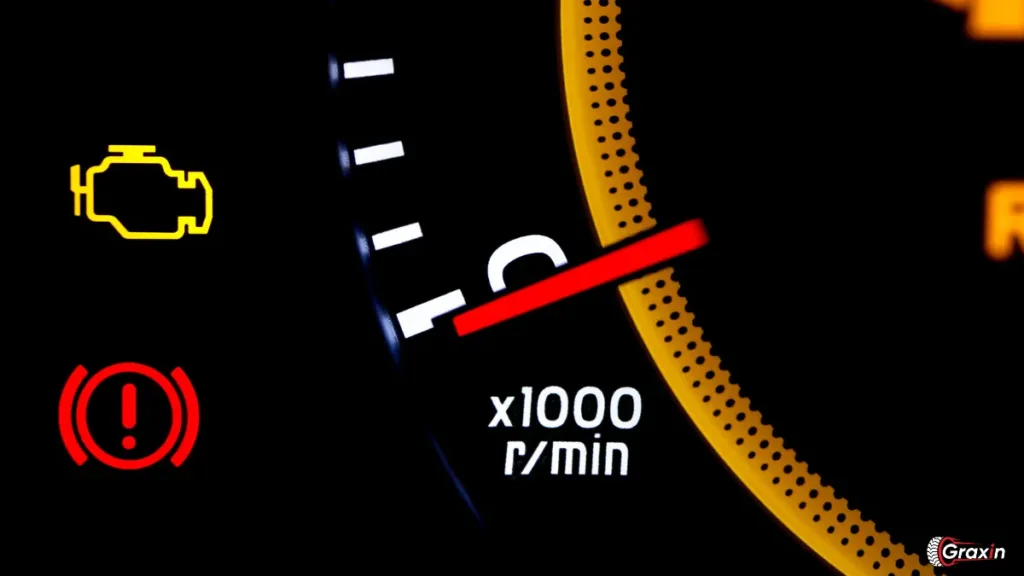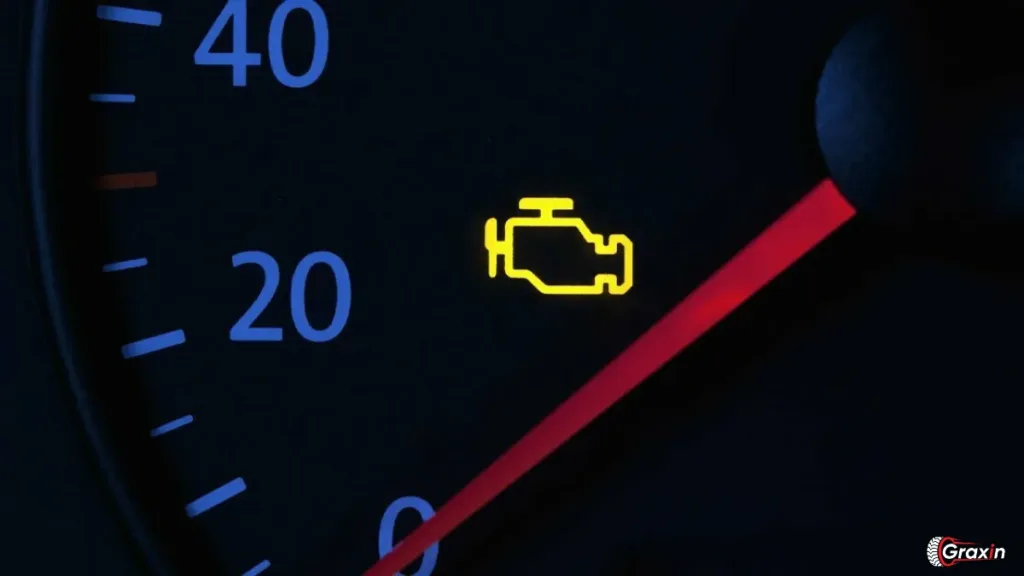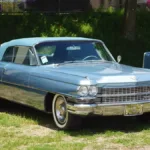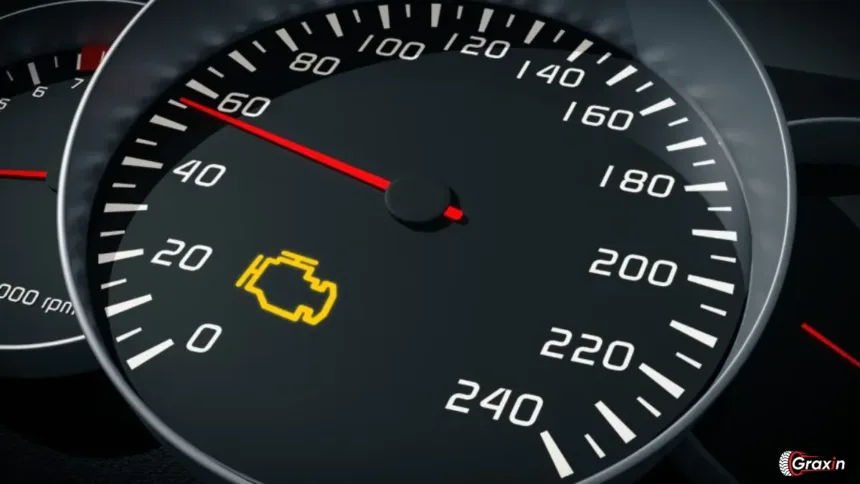You’re cruising along, maybe jamming to your favorite song or just enjoying a smooth ride, and suddenly, there it is that dreaded flashing check engine light. If you’re like me, your first thought might be, “Oh no, this can’t be good.” And honestly? You’re right. A flashing check engine light isn’t something to shrug off like it’s just another Monday. It’s more like your car waving a red flag, yelling, “Help me, NOW!”
What Does It Even Mean When That Light Is Flashing?
Alright, first things first what’s with the flashing? Well, a flashing check engine light is like your car’s way of saying, “Hey, buddy, something serious is going on here!” It’s not like the solid check engine light (which is bad enough, to be honest). A solid light might mean something like, “Let’s get this looked at when you can.” But a flashing light? That’s your car’s equivalent of screaming, “Stop what you’re doing, pull over, and check me out!”
So, Why Is It Flashing? Let’s Talk Causes
There are a few usual suspects when that light starts flashing like it’s auditioning for a disco. Here are some common ones:
1. Engine Misfires (Yep, It’s as Bad as It Sounds)
A misfire? It’s like when your car’s engine says, “I don’t feel like working properly today.” It’s the equivalent of someone not showing up for work and leaving everyone else scrambling to pick up the slack. This happens when the combustion in your engine isn’t going as it should. Your engine is supposed to be firing on all cylinders (literally), but if it doesn’t, well, that’s when the light starts flashing like it’s trying to get your attention at a crowded concert.
2. Faulty Spark Plugs or Ignition Coils
Remember the last time you tried to start a campfire, but the match wouldn’t light? That’s what’s happening when your spark plugs or ignition coils aren’t doing their job. They’re responsible for igniting the air-fuel mixture in your engine. If they’re old, worn out, or just having a bad day, your engine won’t run smoothly, and yep you guessed it the check engine light goes into freak-out mode.
3. Catalytic Converter Drama
Your catalytic converter is like the unsung hero of your car’s exhaust system. It takes all the nasty stuff (like harmful gases) and turns it into less harmful stuff. But when it’s not working properly, your engine can struggle. A malfunctioning catalytic converter can send your check engine light into a flashing frenzy, too.
4. Fuel System Problems
Ever try to run with no energy? That’s what your car feels like if the fuel system isn’t doing its job. Whether it’s bad fuel injectors or low fuel pressure, your engine isn’t getting what it needs to keep going, and the light will let you know. Trust me, your car is not going to power through this one.
5. Vacuum Leaks
No, I’m not talking about the kind of vacuum you use to clean your living room. A vacuum leak happens when too much air sneaks into the engine, messing up the perfect air-fuel mixture. And when the mix is off, you can bet that flashing light will make an appearance.
Is It Safe to Drive with a Flashing Check Engine Light?

Short answer? Nope! Long answer? Absolutely not. Driving with a flashing check engine light is like running a marathon with a sprained ankle. You might think you can push through, but you’re only going to make things worse. The damage can escalate from a minor issue to full-blown engine damage faster than you can say, “Tow truck, please.”
What Should You Do When It Flashes?
Here’s the lowdown: when that light starts flashing, you’ve gotta act fast. Here’s what I’d suggest:
1. Pull Over and Chill
The first thing to do is pull over somewhere safe and turn off the engine. Think of it like giving your car a timeout. You don’t want to keep driving and risk making whatever’s wrong even worse.
2. Play Detective
Pop the hood and take a peek. Is there smoke? Weird smells? Strange noises? While you probably won’t figure it all out on the side of the road (unless you’re some kind of car whisperer), it doesn’t hurt to check if something obvious stands out. And hey, at least you’ll feel like you’re doing something.
3. Use an OBD-II Scanner
If you’re fancy and have one of those OBD-II scanners, now’s the time to use it. It plugs into your car and gives you a code that tells you what’s wrong. It’s like your car’s version of sending an SOS. The scanner gives you some clues, and from there, you can decide what to do next.
Flashing vs. Solid Check Engine Light: What’s the Big Deal?
Think of a solid check engine light like your car saying, “Hey, I’ve got an issue, but it’s not urgent.” But when it’s flashing, your car is basically shouting, “We’ve got a serious problem, deal with this ASAP!” It’s the difference between a cold and the flu both need attention, but one requires immediate action.
Can It Just Go Away on Its Own?
Wouldn’t that be nice? But sadly, it’s rare. Sure, sometimes the light might stop flashing, but that doesn’t mean the problem is magically fixed. Ignoring it is like ignoring a leaky roof you might not see the damage right away, but trust me, it’s happening.
How to Diagnose the Problem
1. Scan Those Codes
That OBD-II scanner I mentioned? It’s your best bet for diagnosing what’s up. It spits out error codes that point to specific issues, like a detective giving you a clue.
2. Get Professional Help
If you don’t have the right tools (or let’s be honest, the patience), take it to a pro. Mechanics have all the fancy diagnostic equipment to figure out what’s going on. Plus, they can fix it before it turns into an expensive disaster.
Ignoring the Flashing Light: Don’t Do It
Look, I get it life is busy. But ignoring that flashing check engine light is like ignoring a fire alarm. Sure, you could pretend it’s not happening, but it’ll catch up to you. You risk causing long-term engine damage or ending up with a repair bill that’ll make your wallet cry.
Preventing Future Flashing Check Engine Light Situations

Here’s a little prevention for you:
1. Regular Maintenance, Baby!
Just like you go for check-ups at the doctor, your car needs regular maintenance. Keep up with oil changes, check your spark plugs, and make sure everything’s running smoothly. It’s the little things that keep that pesky light from popping up.
2. Don’t Ignore Weird Noises or Smells
You know that weird noise you’ve been hearing for weeks but haven’t done anything about? Yeah, it’s time to stop ignoring it. Addressing small issues early can prevent bigger, pricier problems later.
Final Thoughts: Take That Light Seriously!
When your check engine light starts flashing, it’s not something to ignore. It’s like your car’s way of waving a giant red flag and begging for help. Whether it’s a misfire, a faulty catalytic converter, or something else, it’s crucial to pull over and figure out what’s going on. Trust me, your car (and your wallet) will thank you.
FAQs
1. Can I keep driving with a flashing check engine light?
No way! It’s not safe, and you’ll only make things worse.
2. Will my car break down if the check engine light is flashing?
It could, especially if it’s due to a misfire or another serious issue.
3. Is a flashing check engine light an expensive fix?
It depends on the issue, but ignoring it will definitely make the repairs more costly.
4. Can a dirty air filter cause a flashing check engine light?
Not typically. It might cause a solid light, but a flashing one usually signals a more serious problem.
5. How long can I drive before I really need to fix the flashing light?
You shouldn’t drive at all! Pull over and address the issue right away.
Also Read: Unleashing Power: The 3,000 HP Diesel Engine Explained







